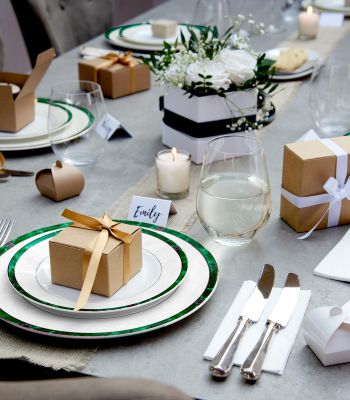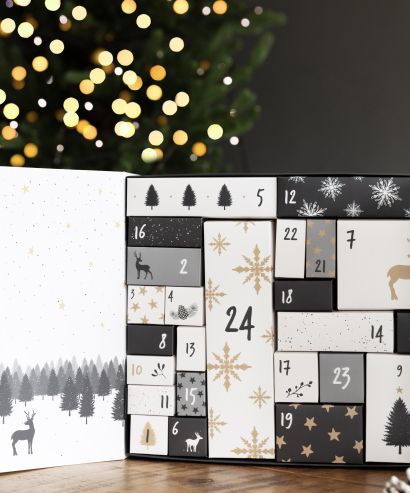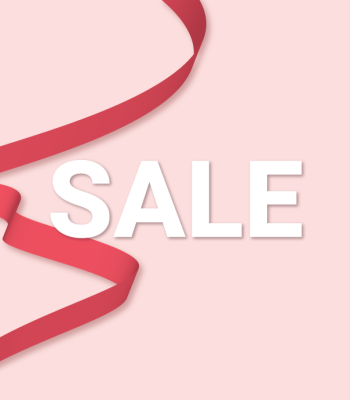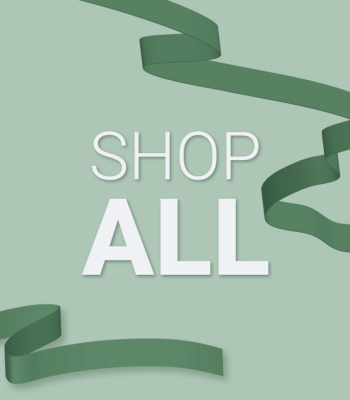
Does my small business need a website?In this modern age of inter-connectivity you may be considering spreading your wings and diving off the cliff that is marketplace platforms and going for it on your own. This sounds great, in theory. You don't need a professional web designer, you'll just find a drag and drop website builder and soon you'll have a shiny new website designed specifically for your needs complete with an online store that lets customers pay online, SEO tools to monitor your search engine results, blogging tools to keep your fans up to date. It'll give you ultimate freedom, you'll get your own hosting and domain name, no more conforming to community guidelines or letting those pesky marketplace hosts take a cut of your hard-earned cash but in fact the realities of running your own website can be extremely difficult. This is: "The Tiny Box Guide to Making Sure Your Business Website Doesn't Crumble Around Your Feet Like Mine Did"... It's a bit of a sore subject, you understand. See, the problem isn't in web design, using a website builder or even in using a content management system. There are loads of website builders that make web design look easy, offering sleek templates and a user-friendly drag and drop builder for those who don't have the technical knowledge in HTML, making it easy to throw in design elements like a landing page or an online store for the world to see. The biggest problem is migrating your audience to an entirely new location. Unless you're in a brick-and-mortar (or mobile) location and you're thinking about going online for the first time dragging over your existing customers to a new business website is a huge undertaking, especially if you're keeping your old purchasing options open where people are used to finding you, and even if you do manage to attract an audience, how do you make them stick around?
In Just a few clicksWhen I launched my jewellery business with my partner, we exclusively sold through Etsy and at craft fairs. We had been going a little while and after a series of announcements we became frustrated with restrictions and rising commission fees. After a while of quiet mumbling we decided to break away from Etsy. We set out on a research mission, googling things like "best small business website builder" and "small business website examples" trying to gather as much information as possible. We looked at what the best ecommerce platforms/site building software was for our situation, got recommendations from other small businesses. We knew we wanted a nice clean, professional website that we could be proud of. We eventually settled on building a Weebly site because it worked well with our POS system and didn't restrict our listings meaning that we could sell unlimited products, we got our own custom domain and sent out a post on our social medias as well as making a dent in our free £100 google ads credits we got with our Weebly plan. Fast forward a month or two later: crickets. Not a single order. We had spent a couple of hundred getting everything set up for absolutely no return. Traffic was bad so we didn't really have any site visitors, and it just kind of... flopped.
The Truth Is…Truth is our site was well-formed and worked pretty well, but it wasn't ready for being a standalone platform. We had no real search engine optimization, it didn't have a business blog to add value to our content and ultimately we had no real way to attract potential customers, meaning that there was no way this was a viable way to sell online. We were relying on our ability to attract people from our existing market or social media following and turn them towards our site and as it would turn out we didn't have time to do all of those things. We were too busy working to pay the bills and support the business before getting home and actually making things to put in the amount of effort required to launch a new small business website.
Don't make the same mistakes we didTry not to make the same mistakes we did. Being at the mercy of Search Engines isn't an easy situation to be in, and so unless you're confident that you can keep good quality content flowing and bring in the crowds, maybe consider that a website shouldn't be your go-to answer to fix all of your problems. Owning and maintaining a professional site takes a lot of work, some companies hire whole teams of people dedicated to the upkeep of their website.
Things to consider when you're setting up a small business website
Resources for people that still want a small business websiteFor most small businesses, there are lots of reasons to start a website, even our reasons were completely valid, but hindsight being 20-20 it was the wrong move at the time. If you are dead set on setting one up for yourself, I encourage you to do a lot of prep work first. Some of this prep work can be found in previous "Tiny Box Guides" like in "things to consider when starting a new business", you can use this guide to start thinking about your business plan and whilst you do that, consider using some of those questions to think about how to attract your target audience online. Our own wonderfully talented and always helpful Chloe Rowe has also put together "How to Stand Out in a Crowded Market" to help get your brand noticed. When you've done that prep work you can also head over to "Which website platform should I be using?" written as part of Tiny Clinic, our initiative to offer you advice on more specific points of your business. This of course isn't the be-all and end-all of guides when it comes to surviving as an online store but as usual should be considered a good start to taking your first steps when it comes to taking control of your brand's digital presence. There are loads of online resources to help you but the main takeaway from this article really should be: Stop. Take a minute, and think. Do you really need your own business website or can you cope for a little while longer? Are you prepared for extra hours of work every week? Do you have the know-how to make all of the puzzle pieces fit? Go and have a think. Can't wait to see what you decide. |










